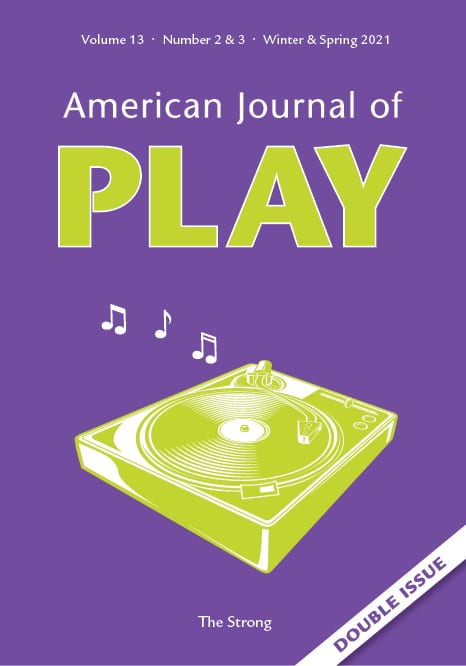The Legacy of Shindana Toys: Black Play and Black Power: An Interview with David Crittendon, Yolanda Hester, and Rob Goldberg
David Crittendon is an educator, musician, activist, historian, and the author of the novel Then See If I Care: A Story about Bessie Smith. In 1964, he participated with Lou Smith and others in the Mississippi Freedom Summer and, in 1965, worked alongside Smith at the Congress of Racial Equality’s Harlem office. He cofacilitated the Claiming Freedom Symposium commemorating the fiftieth anniversary of Freedom Summer at Cal State–LA. Yolanda Hester is a historian, archivist, educator, and writer. She curated the online exhibit Community and Commerce: Oral Histories of African Businesses in Los Angeles for The Center for Oral History Research. She has written about the history of Black dolls and is currently working on an oral history series with The Arthur Ashe Legacy Fund at UCLA. Crittenden and Hester both served as historical consultants for Shindana Toy Company: Changing the American Doll Industry, a special 2019 episode of PBS affiliate KCET’s program Lost L.A. Rob Goldberg teaches history and cinema studies at Saint Ann’s School in Brooklyn. His current book project, under contract at Duke University Press, looks at the way social justice movements of the 1960s and 1970s changed how Americans think and talk about toys. In 2019 Crittendon, Hester, and Goldberg founded the Operation Bootstrap History Collaborative. Key words: African American; Baby Nancy; Black joy; Black Power; dolls; Lou Smith; Marva Maxie; Operation Bootstrap; Robert Hall; Shindana Toys; Watts





